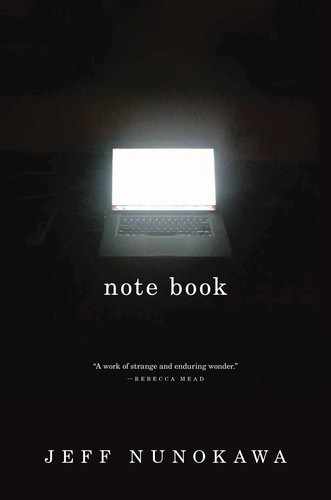1157. The Trouble with Aphorisms
—that they risk encouraging us to imagine that their wisdom is always quick enough to be ever-ready to electrify even after their canonization; that the éclat of a proverb is always inclined to burst out with fresh light at any morning’s first light; that words set more or less in stone are still in a state of perfect preparedness, so that at the press of a button, they will move to move us. It’s like the folly of thinking that even the longest history of a friendship, hardwired in the circuits that convey the sound of the voice of the friend, cannot fall to rust and ruin; the failure to know that every going-through-the-motions of a Ritual will secure the Transcendence it has been commissioned to accomplish; the failure to face the hard fact—and how ironic, since facing the hard fact is really the raw attitude of the Aphorism—that every time we say “good-bye” or “I love you,” our aim may fail as we essay to shoot straight to the heart.
Notes:
1. I wonder if the formulaic coaxing of math teachers—show your work—recognizes the hazard I have sought to set out here: a labor theory of philosophical value.
2. A history of Aphorisms, I suspect, would require a more than aphoristic discussion of the relation between those genres of brief statements laurelled as complete, either as the most refined refinement of Common Sense or as a deliberate rumor of something wise that surpasses all common sense (the parable, say).
3. Also, such a history would be obliged to consider the possibility that the apotheosis of the Aphorism anxiously compensates for and renders triumphant—comprehensive in its incompleteness—the specter of the Fragment that surely haunts it (see W. Benjamin, G. Steiner).
4. The aura of the aphorism: always the promise that it tells the hard truth; that it is the worded fate which teaches “a fatal courage.” Sometimes yes, sometimes not so much. See note 5, and the sentiment that appears between the dashes in the last sentence in the main body of this note.
5. C. Brontë: “It is weak and silly to say you cannot bear what it is your fate to be required to bear.” When this Johnsonian missile hits right, it gives you courage. At other times, for whatever reason, it leaves you cold.
